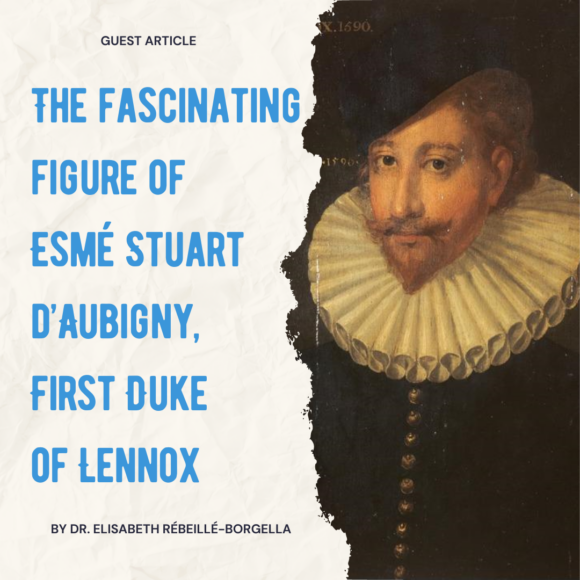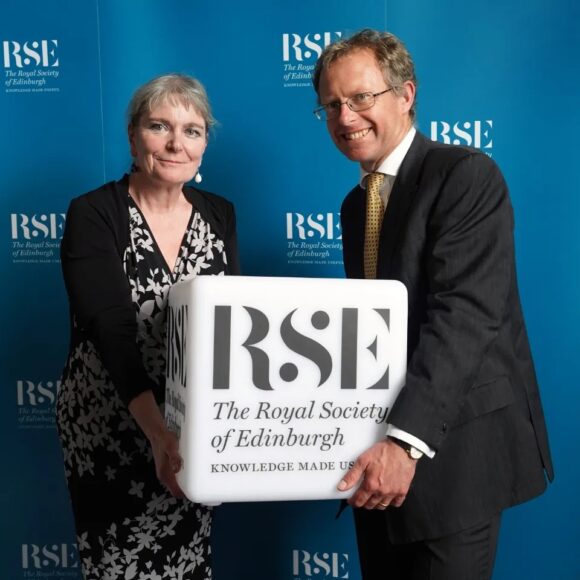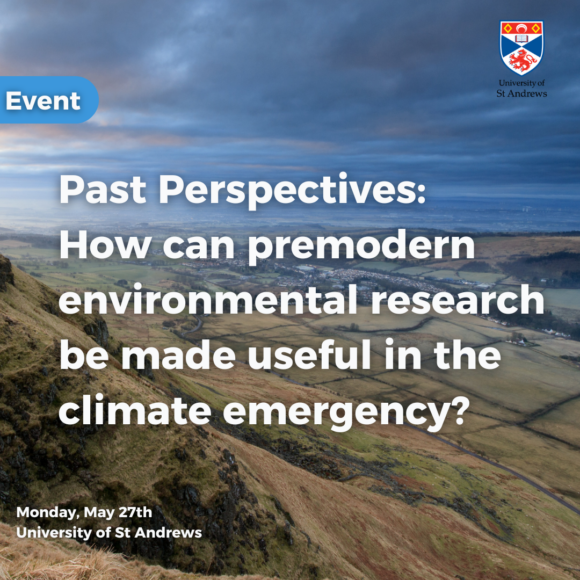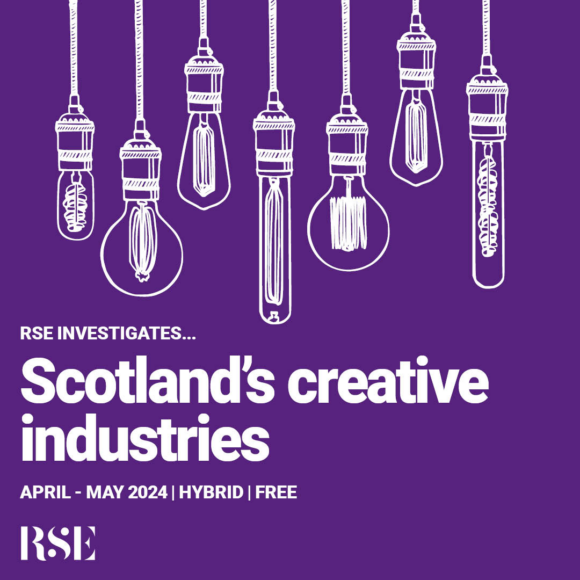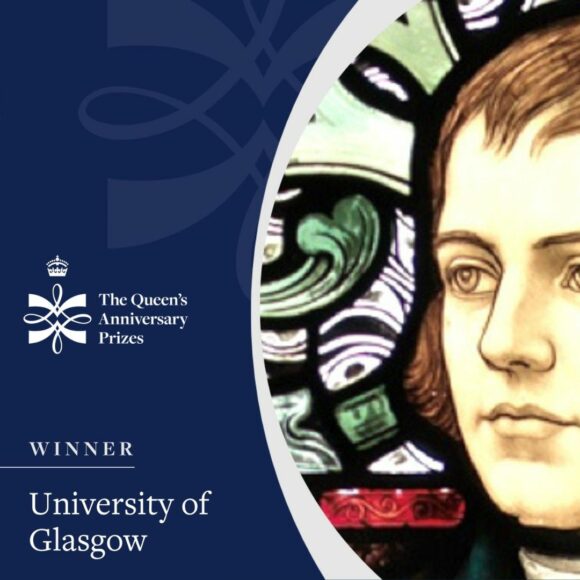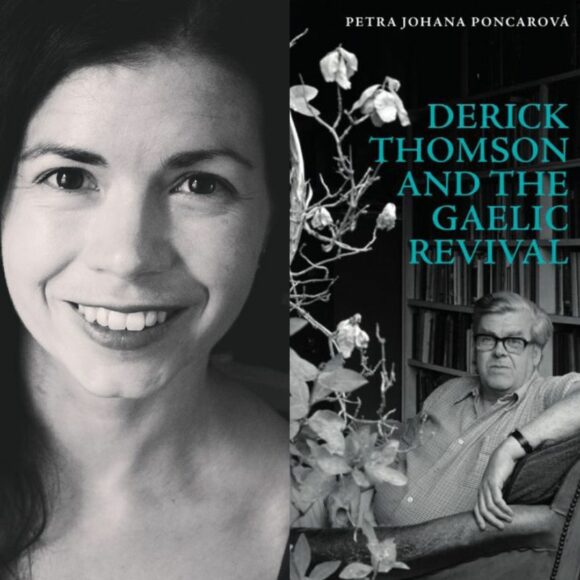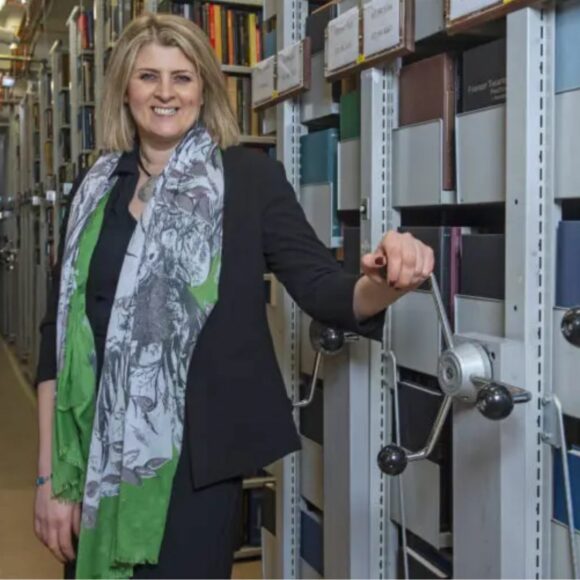The Scottish Arts and Humanities Alliance (SAHA) has today responded to PM Rishi Sunak’s proposal to limit the number of students taking so-called “low value” or “poor-quality ” degrees in England, which lead to alleged poor employment prospects.
The policy, should it be implemented, would restrict student applications in England for the first time since 2015, when the previous numbers cap was discarded.
Arts and Humanities degrees can often, and wrongly, be considered “rip-off” or “Mickey Mouse” degrees, while in fact adding value to wider society and the creative economy: the design and media courses pioneered in many cases by newer universities are central to the UK government’s Creative and Cultural Industry agenda. Moreover, added social value can transform individual lives. Short term graduate destinations are a manifestly incomplete measure of life chances and prospects. Factors such as gender, ethnicity, the socio-economic situation of the individual, the state of the economy at the time of graduation and several other circumstances may directly impact on student outcomes, their future earnings and career prospects.
As reported in The Humanities in the UK today: what’s going on published by HEPI and co-authored by SAHA co-chair Professor Murray Pittock MAE FRSE and SAHA Steering Group member Professor Jo Gill, in 2020 the “UK Arts and Humanities research activity was 49% higher than the global average and outperformed all other disciplinary areas in the UK”. The report concluded that “if fostered and deployed correctly” the Arts and Humanities “will create an unparallel opportunity for the UK to contribute to human prosperity”. Arts and Humanities are a global success story for UK plc.
In response to the government’s proposals, SAHA’s co-chair Professor Murray Pittock MAE FRSE said:
“It is disheartening to see the possibility of some degrees being labelled as “low value” by the Government. Education is never “low value”, if anything it enriches individuals, the economy and society as a whole. With the UK HE sector globally leading on the basis of hard data, in the Arts and Humanities as elsewhere, we must be careful to avoid damaging its reputation and limiting the power and success of its contribution to the creative economy. In the words of the Prime Minister, ‘the creative industries are a true British success story, from global music stars like Adele and Ed Sheeran to world-class cultural institutions like the National Theatre. These industries have a special place in our national life and make a unique contribution to how we feel about ourselves as a country’. They also produce economic added value ahead of that found in many other industries.”
ENDS
